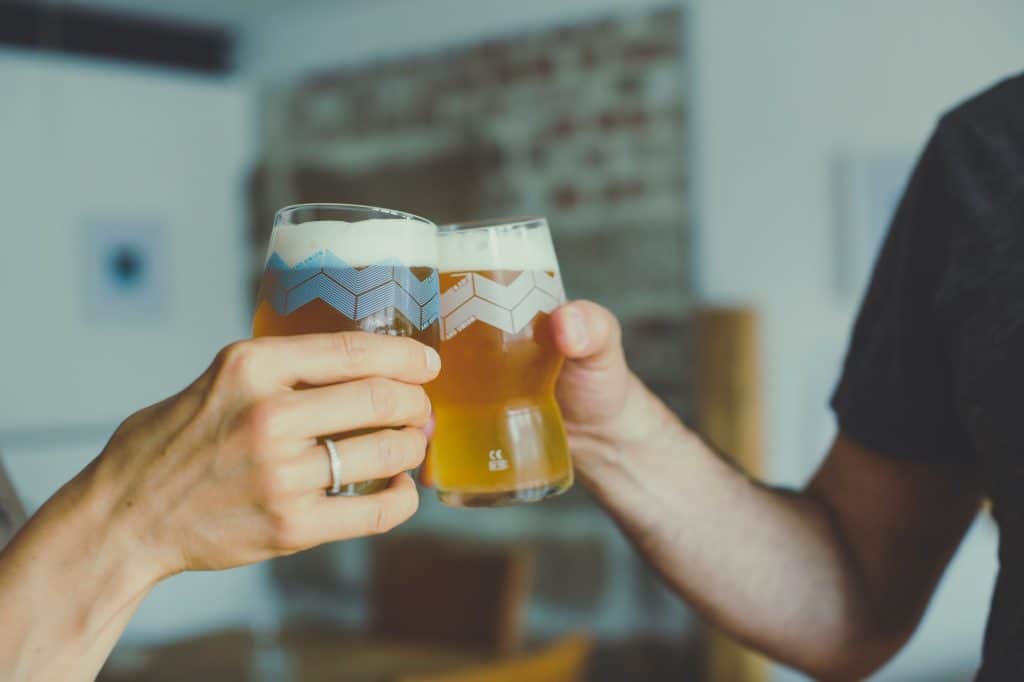Arda Biomaterials has secured €1.3 Million in funding to develop leather from beer waste.
Arda Biomaterials, a clean tech startup hailing from England, has received a substantial boost with a €1.3 million new investment spearheaded by Clean Growth Fund. The round also saw participation from Plug and Play, Serpentine Ventures, Satgana, and a group of angel investors from the alternative protein, fashion, and climate tech ecosystem.
Arda Biomaterials is on a mission to transform waste into valuable, animal and plastic-free alternatives to leather. The startup anticipates that within the next twelve months, it will have developed a finished material ready for sale in the consumer market. Leather production, known for its significant resource demands, became a prime target for Arda Biomaterials’ transformative efforts. The company’s breakthrough material, New Grain, capitalizes on the chemical composition found in waste barley grain, successfully transforming it into a substance that exhibits properties comparable to leather and more.

Through the innovative application of chemistry and materials science, Arda Biomaterials aims to convert waste barley grain, obtained from the beer brewing industry, into a leather alternative suitable for a wide range of industries including fashion, home goods, and automotive.
This groundbreaking creation has been developed entirely free of plastic, with upcoming biodegradability tests set to affirm its eco-friendly nature. New Grain seamlessly aligns with the journey towards achieving Net Zero, and by utilizing waste materials such as brewery by-products, Arda Biomaterials significantly contributes to the advancement of the Circular Economy.
Susannah McClintock, Investment Director of Clean Growth Fund, hailed Arda’s work as a truly innovative solution to a pressing environmental challenge. “We are delighted to invest in Arda Biomaterials and support the commercial development of their work: it’s a truly innovative solution to a significant environmental challenge,” she said. “Arda’s technology has the potential to disrupt traditional leather production and significantly reduce the environmental impact of highly polluting sectors. We look forward to working with Brett, Edward, and the team to help bring this exciting technology to market.”
Arda Biomaterials was established in 2022 by Edward TJ Mitchell and Brett Cotten, who crossed paths through Entrepreneur First, a renowned global talent investor. Edward, equipped with a Ph.D. in chemistry, joined forces with Brett, whose experience spanned various roles within the alternative protein sector, ranging from startups to investors. Presently situated in ‘The Leather Market’ building near London Bridge, Arda Biomaterials is actively collaborating with breweries along South London’s ‘Bermondsey Beer Mile,’ once the renowned leather tanning district of the City of London.
In March 2023, Arda Biomaterials secured a coveted spot as a finalist in the prestigious H&M Global Change Award. The award celebrates planet-positive concepts that have the potential to revolutionize fashion, altering the perception, production, and utilization of this industry. Currently, the company is showcasing some of its early innovations at Fabrica X, an esteemed tech style and agrifood community located within The Mills Fabrica, near London’s King’s Cross.

Mitchell, Arda’s CTO, says the advent of cheap plastics wiped out a century of innovation in using natural inputs to make materials. “Now, with sustainability in mind, we are discovering that the natural world has all the building blocks needed to create marvellous and sustainable materials,” he said. “The production of leather is particularly resource intensive and the current alternatives are riddled with plastic. The chemical composition in waste grain is uniquely suited to be transformed into a material that can resemble many of the properties of leather and more.”
Cotten, Arda’s CEO, says there’s a pervasive misconception surrounding leather as a mere byproduct of cows.
“Many people believe leather is a by-product of cows; it’s really more of a co-product that subsidizes the continuation of animal agriculture,” he said.
“The spent grain from breweries is typically burned, sent to landfill, anaerobically digested into gas, or fed to animals as cheap feed – all very low-value use cases,” Cotten said. “I am thrilled that we can skip the cow to create a truly novel product that to date has been 100 percent animal and plastic-free. Now we can drink our beer and wear it too. This financing round led by Clean Growth Fund will allow us to get to a finished material that we can begin selling to brands and put into consumers’ hands. I can’t wait to see others wearing it.”
Related on Ethos:


